#matar
Text
Aunque sé que la espera me va a matar, aquí te esperaré hasta darme cuenta de que no regresarás.
Tony's Garden
#notas#citas#frases#escritos#tonysgarden#caostalgia#espera#amor#amor triste#regresar#matar#tiempo#heridas
466 notes
·
View notes
Text

Alae - 2, Beirut, Lebanon, Rania Matar, 2021
#alae - 2 Beirut lebanon#rania matar#matar#2021#2020s#2000s#21st century#photography#photograph#portrait#art#contemporary#contemporary art
31 notes
·
View notes
Text





Matar (Anhar Salem, 2017)
12 notes
·
View notes
Text
“The most important goddess in the Phrygian pantheon was Matar Kubileya, the Mother of the Mountains. From the sixth century on, Greek religion knew her as Meter (the Mother), and poets called her Kybele, a personal name derived from her Phrygian title. In her homeland, her places of worship were door-shaped niches carved into rocky cliffs and hillsides. These were filled with high relief or freestanding images of the goddess, often holding a bird of prey or flanked by lions. A mistress of wild nature, Matar Kubileya was a close relative of the Bronze Age goddess who is depicted in Minoan gems standing on a mountain peak, flanked by twin lions; many variations of this goddess were worshiped throughout Anatolia. Some of the Ionians who first adopted her cult, like the Chians and Phokaians, continued the tradition of rural, rock-cut sanctuaries, but more often the motif of the goddess in the niche was transferred to the portable medium of stone votive reliefs.
The popular appeal of Meter’s cult is attested both by its rapid spread through the Greek world in the sixth century and by the abundance of votive reliefs and figurines depicting the goddess, found not only in sanctuaries, but also in domestic contexts and tombs. On the other hand, “Meter” iconography was used to depict a wide range of goddesses, so without an inscription, secure identification of artifacts can be difficult. Meter was quickly syncretized with Ge/Gaia, with Demeter, and especially with the Titaness Rhea, mother of Zeus and the other elder Olympians. Rhea’s Kretan cult, perhaps a Bronze Age survival, was focused on the birth of Zeus and was celebrated in an ecstatic dance during which the participants imitated the mythical Kouretes, youths who clashed their shields to coverthe infant’s cries. One of the centers of this cult, Mt. Ida in Krete, wasclosely associated with the Phrygian Mt. Ida, the haunt of Meter. Like Idaian Zeus and Rhea, Meter was worshiped with percussive music and ecstatic dancing, and she was accompanied by the Korybantes, youths who were analogous to the Kouretes. The characteristic instruments in her musicwere the tumpanon, a tambourine-like drum, and the flute. Herodotus (4.76) tells how the Greeks of Kyzikos celebrated Meter’s festival at night, striking tumpana and decking themselves with small images of the goddess. . . .
During the Meter cult’s period of explosive growth in the late Archaic period, she was quickly incorporated into civic worship. In Athens, the emerging democracy seems to have welcomed this popular goddess by the end of the sixth century. Meter’s cult was established in or near the bouleute¯ rion(council chamber) in the agora and Athenian council members began to sacrifice to the Mother of the Gods along with the other major civic deities. In the late fifth century, with the construction of a new bouleute¯ rion, the old one became known as the Metroön, or temple of Meter. Like the temple of the Mother in Kolophon, the Metroön was used as a state archive.
Private sponsorship of Meter was also widespread and was prompted by dreams and visions. Pindar is said to have founded a Theban shrine of Meter after he had a vision of the goddess’ statue walking, and Themistokles brought the cultto Magnesia after the goddess warned him in a dream of an assassination attempt. In the succeeding generation, however, the cult of Meter was viewed less favorably, at least by the elite men of Athens, and was associated with women, the poor, and excessive emotional displays. Attis, who later became known as the consort of Kybele, does not become a prominent figure in the cult until the fourth century. While the Phrygian priests of Matar bore the title Attes, the myth of Attis seems to be a Greek invention.”
- Ancient Greek Cults: A Guide by Jennifer Larson
42 notes
·
View notes
Video
Se está pensando si le compensa.
137 notes
·
View notes
Text
El amor puede vivir, liberar, sanar, ayudar, cambiar, pero también puede ser tan influyente que llega a herir, dañar, permitir, manipular, matar y morir.
— Caótica.
#caótica#desorden en letras#pub2#junio2022#liberar#sanar el alma#ayuda emocional#amor#todo cambia#influencia#herir#dañar#permitido#manipulación#matar#morir
179 notes
·
View notes
Text

Conviértete en la súper heroína de tu propia vida, se capaz de matar demonios del pasado, dragones que amenacen tu estabilidad emocional, mounstruos que atormenten y te den miedo para no dejarte avanzar, diablillos vestidos de hipocresía para robarte tu autoestima, fantasmas que te quiten sueños, ilusiones y metas; demonios que golpean con palabras y actos físicos y que desintegran y quiebran tu amor propio hasta convertirse en cenizas...
Ya no permitas nada de esto, se tu ángel, tu mujer maravilla que neutralice a sus enemigos y los aniquile por siempre. En ti está ser la heroína y triunfadora de cada una de tus batallas.
Leregi Renga
12 notes
·
View notes
Text
Se los juro que ya no aguanto más, odio a mis compañeros y parece que ellos también a mi. No soporto que me estén molestando, no soporto que en mi familia también hagan lo mismo. Solo pido irme de este mundo, por favor.
#desahogo#tristeza#nostalgia#notas tristes#pensamientos#te extraño#inspiration#desamor#dolor#depresion#ansiedad#caos#suicidio#suicida#me quiero suicidar#suicidarse#matar#morir#odio#rencor#resentimiento#no puedo mas#no puedo con esto#no puedo seguir#pena#despedida#lagrimas#sentimientos#black love
2 notes
·
View notes
Text
1308- "Y, sin embargo, cada hombre mata lo que ama. Que todos oigan esto: unos lo hacen con mirada torva otros con la palabra halagadora; el cobarde lo hace con un beso, con la espada el valiente."
Oscar Wilde, La Balada de la cárcel de Reading
#palabras#frases#textos#textos nocturnos#pensamientos#vida#culture#cobardía#besos#valiente#disparar#matar#oscar wilde#literature#classic literature#escritos de amor#amor
2 notes
·
View notes
Text

Comi um arco-íris ontem;
Cremoso e doce como um chiclete de cereja;
Não posso deixar que as vozes voltem;
Elas vão me mandar beber mais cerveja.
Me deito na minha cama, vejo o mundo girar;
Um curto dia se passa logo agora;
O sofrimento dá uma trégua pra pensar;
Mas a realidade te cobra por hora.
Até ontem comprava o mundo, lutava e vencia;
Mas meu despertador me tira da glória;
Tudo não passa de um sonho, oniromancia;
Novamente não tenho nada, só minha oratória.
Vou morrer logo logo, espero que você não se importe;
Não tenho mais nada a fazer nesse mundo falho;
Se livrar de mim vai ser sua maior sorte;
Seja feliz sem se preocupar em eu te dar trabalho...
#suicidio#morte#morrer#se matar#matar#depressão#cansaço#descanso#desanimo#infelicidade#sumir#desaparecer#weed
2 notes
·
View notes
Text

Supongamos que no me quiero matar, supongamos, porque en realidad si quiero.
Adrynhell.
#adrynhell#citas#notas#frases#textos#escritos#letras#imágen#foto#supongamos#matar#tumblr#post#pensamientos#sentimientos
23 notes
·
View notes
Text
¿Esperarte me va a matar?, porque quiero hacerlo pero necesito saber que la agonía de la espera valdrá la pena, que al final estaremos abrazándonos y sonriendo como lo solíamos hacer, ambos más maduros, ambos valorando nuestros esfuerzos y amor.
#amor#amore triste#te extraño#frases#citas#notas de amor#desamor#sad poetry#notas#amor de verdad#esperar#matar#agonia#necesito#ambos#esfuerzo#amor incondicional
4 notes
·
View notes
Text
>> Creí que me iba a matar. Eso fue lo que creí, tío. Y hasta dejé de pensar para morirme antes de que él me matara. Pero seguramente no se atrevió a hacerlo.
-Juan Rulfo; Pedro Páramo.
#matar#morir#dejar de pensar#juan rulfo#pedro páramo#libros#frases#books#citas#frases de libros#letras#novelas#literature#citas de libros#frases en español#comala#novelas hispanas
15 notes
·
View notes
Photo
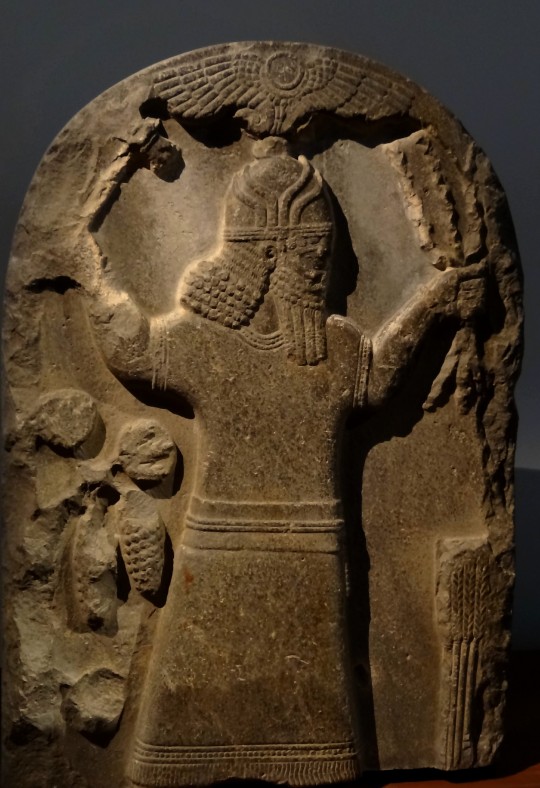


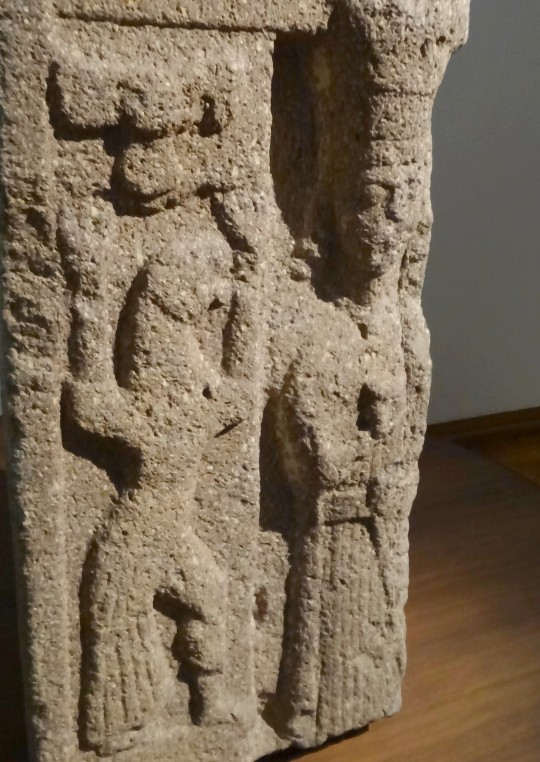
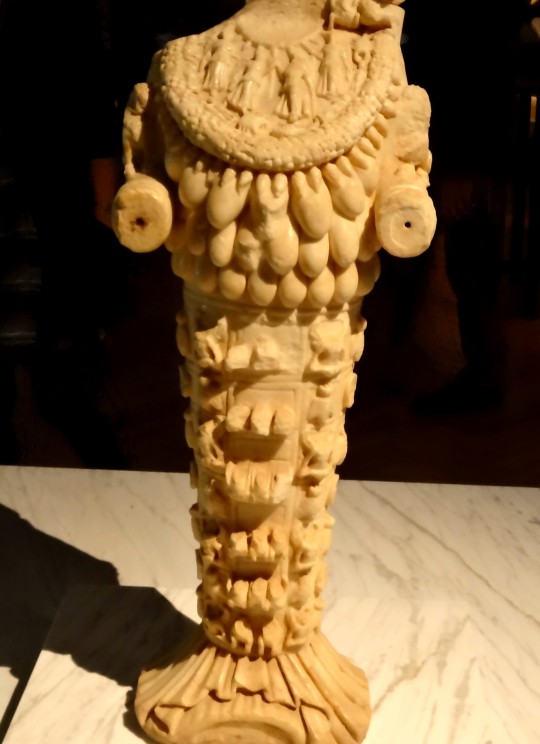
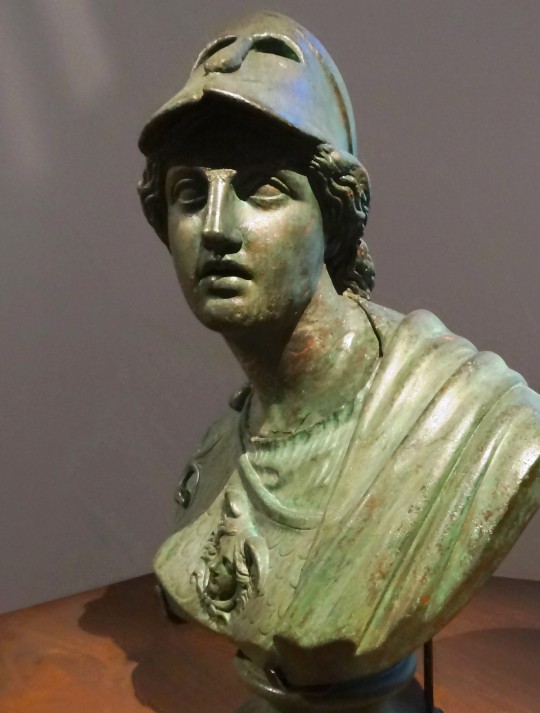
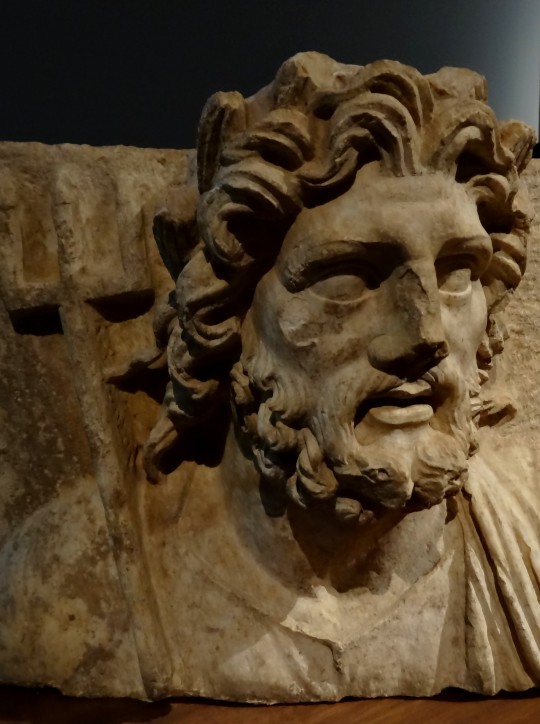
Je reviens à mon projet de présenter la plupart de mes 55000 photos (nouveau compte approximatif. On se rapproche du présent !).
2016. Une petite virée à Bruxelles avec Julien. C’était surtout pour visiter une expo sur l’Anatolie au Palais des Beaux-Arts:
- Tarhunzas, dieu hittite de l'Orage - Niğde, 700 av.J-C.
- dieu hittite - Çiğdem- Akacaköy, XIIIe s.av.J-C.
- déesse Kubaba - Karkemish, 800 av.J-C.
- Matar, déesse phrygienne et un démon - Etki, VI e s. av.J-C.
- l’Artémis d'Ephèse - 2ème s. apr.J-C.
- Athéna période romaine - Miletopolis, IIe s. apr.J-C
- Poséidon période romaine - Sagalassos, IIe s. apr.J-C.
#souvenirs#belgique#bruxelles#palais des beaux-arts#turquie#anatolie#archéologie#mythologie#divinité#tarhunza#hittite#orage#nigde#çigdem#akacaköy#kubaba#karkemish#phrygie#matar#démon#monstre#etki#artémis#artémis d'éphèse#éphèse#efes#athéna#poséidon#grèce antique#rome antique
9 notes
·
View notes
Text
"Nunca lastimes a quien después no puedas matar..."
— Roberto.
#frases#citas#la la la#entre letras#jodida verdad#vida#escritos#realidad#cuarteto de nos#el cuarteto de nos#citas de canciones#letras de canciones#frases de canciones#notas#textos#letras de musicas#musica#matar#lastimar
33 notes
·
View notes
